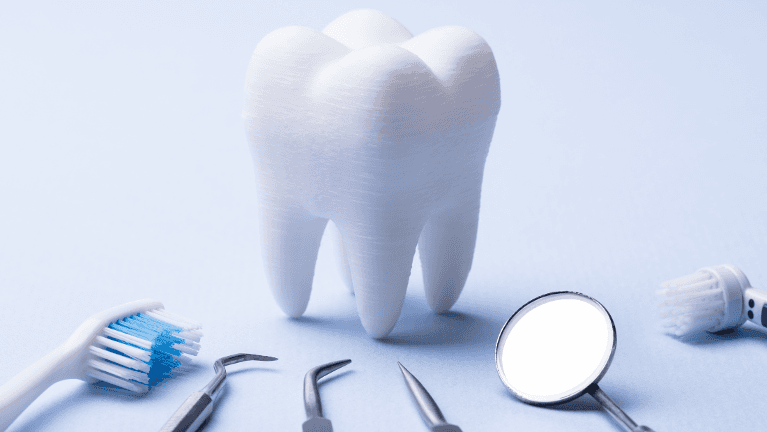
Dental care is critical to maintaining overall health, but the costs can be daunting for many who cannot afford insurance. The fear of high costs often causes people to delay necessary dental visits, resulting in more severe issues and even higher expenses later. However, there are ways to manage dental costs effectively, even without insurance coverage.
Do You Need to Tell the Dentist About Your Finances?
It is vital to share your financial concerns with your dentist before your treatment. Most dentists will happily alter their approach to suit their patients’ budgets. They will offer more affordable alternatives and suggest ways to spread out treatments to make essential care more accessible.
Keeping financial constraints to yourself and going ahead with procedures you can’t afford can negatively affect you and your dentist. An unpaid dental bill may tarnish your record, but a pre-arranged payment plan demonstrates to your dentist that you intend to pay and gives you the peace of mind of knowing you have time to pay.
Payment plans are case-by-case arrangements made with your provider that help you get the care you need without compromising your ability to afford day-to-day living expenses. Your dentist can also offer advice about financial aid and dental membership plans.
For many patients, medical and dental insurance can be inaccessible, which can be due to physical and mental disabilities, student loan debt, and living paycheck to paycheck. These circumstances can lead to patients neglecting their health, so consider the following tips to help you navigate the financial burden of dental care.
1. Explore Options for Financial Aid
While dental insurance is inaccessible for many people, there are several options that you may qualify for. Federally funded schemes and NGOs offer partial or full support for low-income patients.
Non-Profit Organizations and Charities
Each charity and NGO has specific program requirements, such as age and income bracket. Depending on your circumstances, you may qualify for partial or complete cover for your dental care. Some of the charities in the USA that offer financial aid for dental work include:
- Smiles Change Lives
- Dental Lifeline Network
- United Way
Medicaid and CHIP
These government-funded programs can offer financial support for a variety of dental services. Depending on state and federal rules, you must meet specific eligibility standards. If you qualify, these programs are an excellent way to ease the financial burden of extensive dental care.
CareCredit
Nargiz Zadeh, DMD, offers a variety of payment options, including CareCredit, a credit card specifically for medical care. This card allows you to pay for treatment upfront and pay off the balance over time, which can provide much-needed breathing room for large treatment bills. It also gives you smaller monthly payments that can fit into your available budget.
2. Make Use of Our Dental Membership Plan
Our practice offers a 12-month membership plan billed monthly at significantly lower rates than traditional dental insurance. Our plans provide discounts on specific procedures without the typical insurance hurdles like deductibles, yearly maximums, and pre-approvals.
We have two plans to suit different financial situations. These plans cover routine care like cleanings, checkups, and preventative X-rays. They are intended to help you maintain dental health before serious problems demanding expensive interventions arise.
3. Prioritize Preventative Care
Maintaining dental hygiene is an essential part of preventing future complications. Brushing your teeth regularly and flossing can reduce plaque buildup, minimizing the risk of cavities. Besides stringent hygiene practices, you should also get regular checkups to catch any issues before they become serious.
While dental care can be expensive, a simple filling is much cheaper than a root canal or extraction. This means you must go to the dentist immediately when you feel discomfort. If you notice any pain while eating or sensitivity to hot, cold, or sweet food, you should visit your dentist, as these symptoms can be indicators of infections or cavities.
It’s also important to be aware of the signs that can show more serious dental issues, such as swelling, bleeding gums, and persistent bad breath. These must be investigated as soon as possible, and using the financial assistance methods we have mentioned makes preventative dental care more accessible.
Managing Dental Health Without Insurance
Navigating dental costs without insurance can be stressful, but it isn’t impossible. By openly discussing your financial concerns with your dentist, contacting financial aid charities, signing up for our dental membership plan, and keeping up with dental hygiene, you can ensure good oral health while staying within your budget.
Remember, preparing for potential dental health issues now can save you from more extensive and costly treatments in the future. Don’t let financial constraints stop you from getting the care you need – with these strategies, you can balance maintaining your oral health and living expenses.